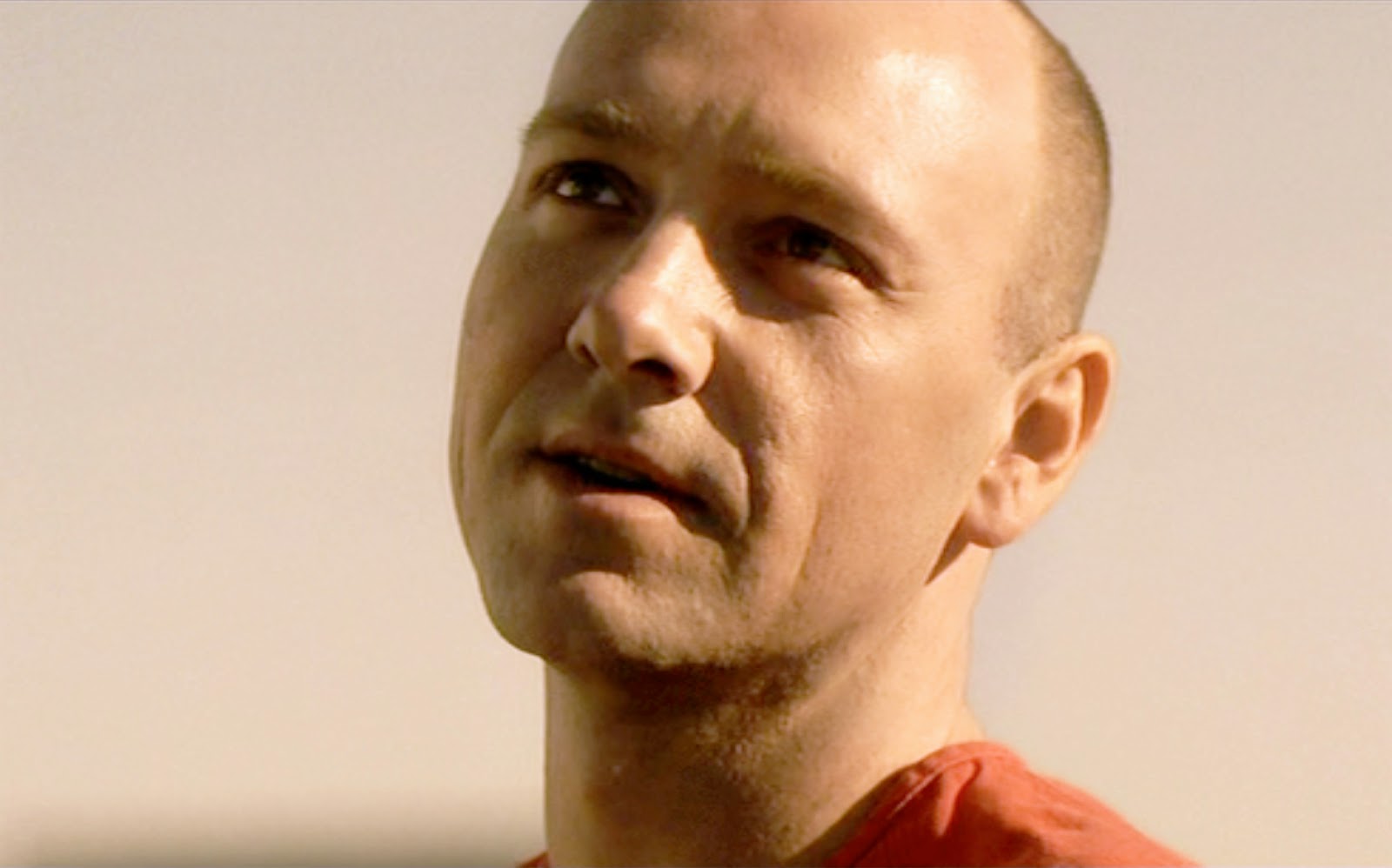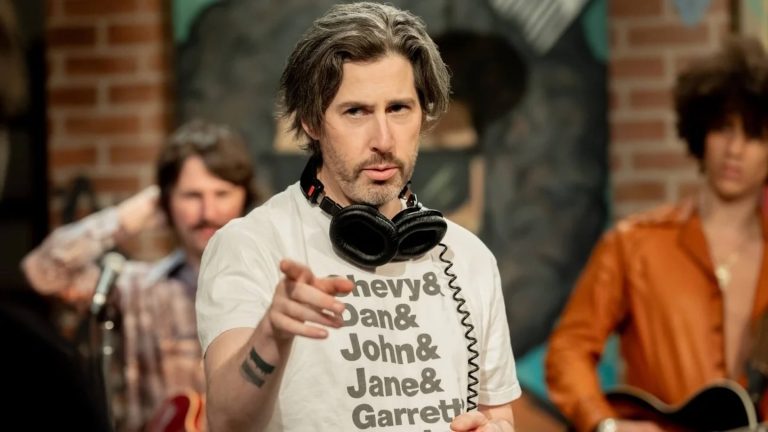
Screenwriting is a demanding, exacting skill that takes raw talent and years of dedication to develop, but what if there were some general guidelines to help clarify and shorten your journey?
Andrew Kevin Walker--writer of Se7en, Sleepy Hollow, and other iconic hits--recently discussed this with the science blog Barking up the Wrong Tree. Here are his five tips to improve your writing:
Structure
Structure is what lets readers know that you are a professional. Walker recommends that you know the ending of your script so you can build foreshadowing into earlier scenes. This also helps flesh out the main theme of your movie. Readers like to have a general idea of where things are going.
Surprise
On the other hand, no one wants to see a movie that’s completely predictable. Once you’ve got your general structure, build surprises into the plot. How do you surprise people? Walker says you should know your genre. This will tell you what the audience expects, allowing you to subvert their expectations when you do something different.
Balance Negativity and Optimism
Negativity is important when rewriting your work. You need to poke holes in your script so you can correct its problems. Yet optimism is also necessary. How else will you be able to stand rejection? As Walker says, “It’s only the person who has the determination to keep saying ‘yes’ in the face of all those ‘no’s’ that will make it.”
When Collaborating, Forget Your Ego
When speaking of his collaboration with David Fincher, Walker says, “Fincher does a lot of things that a lot of people don’t do. He listens. He actually collaborates. He’s incredibly specific with his input. But he’s not desperate to put his stamp on something. It’s his lack of ego.”
Honesty
According to Walker, honesty is the most important ingredient in writing. You don’t have to literally follow the adage “write what you know,” but your movie’s themes should grow out of real emotions and ideas that you experience in your life. After all, none of us grew up on a desert planet with two suns, yet we get emotionally involved in Star Wars because we relate to Luke Skywalker’s desire to get out of his small town and seek adventure.
You can read more of Walker’s thoughts at Barking up the Wrong Tree.
Get Our Screenwriting Newsletter!
Get weekly writing inspiration delivered to your inbox - including industry news, popular articles, and more!


























